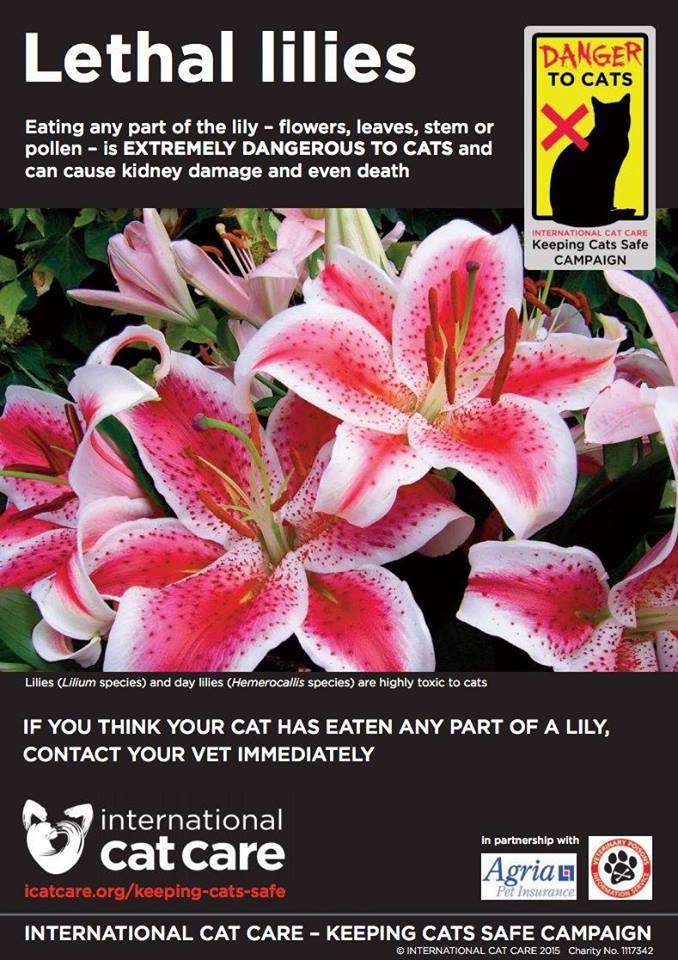Blocked Bladders – Is It A Pet Emergency?
Blocked Bladders – Is It A Pet Emergency?
Cats can frequently suffer from cystitis, especially when they are stressed. Understand the signs of stress in your cat here. If your male cat is struggling to urinate or cannot go at all this is a Pet Emergency, do not delay, contact our experienced team for advice and treatment. Knowing when your pet needs to be seen as an emergency is an important decision for many owners. Generally, cats are good at keeping themselves out of trouble but occasionally serious problems do occur – Our blog below gives you a few things to watch out for.
Chipping away!
Having your pets microchipped is absolutely vital! It’s not just cats and dogs that we recommend microchipping, rabbits, tortoises and ferrets can sneak away when your not watching! Our Autumn News explains the microchip procedure (don’t worry its really quick and simple!) and how microchips can link you and your pet together should the worst happen!
Arthritis – is your pet affected?
Anyone with arthritis knows that chills can get in your joints, and the same is true for our pets. Our Autumn News discusses the signs of arthritis to watch out for in your pet, although it cannot be cured, there is a wide range of treatment options available to help reduce the soreness and pain. If your older pet has slowed down recently, perhaps they are not going up and down the stairs quite as quick as they used too? A health check with one of our experienced team members will be beneficial for your golden oldie.
We hope our Autumn News has explained some of the challenges that come with the cooler season. If you have any questions on the articles mentioned don’t hesitate to contact our friendly team for more help and advice.



















